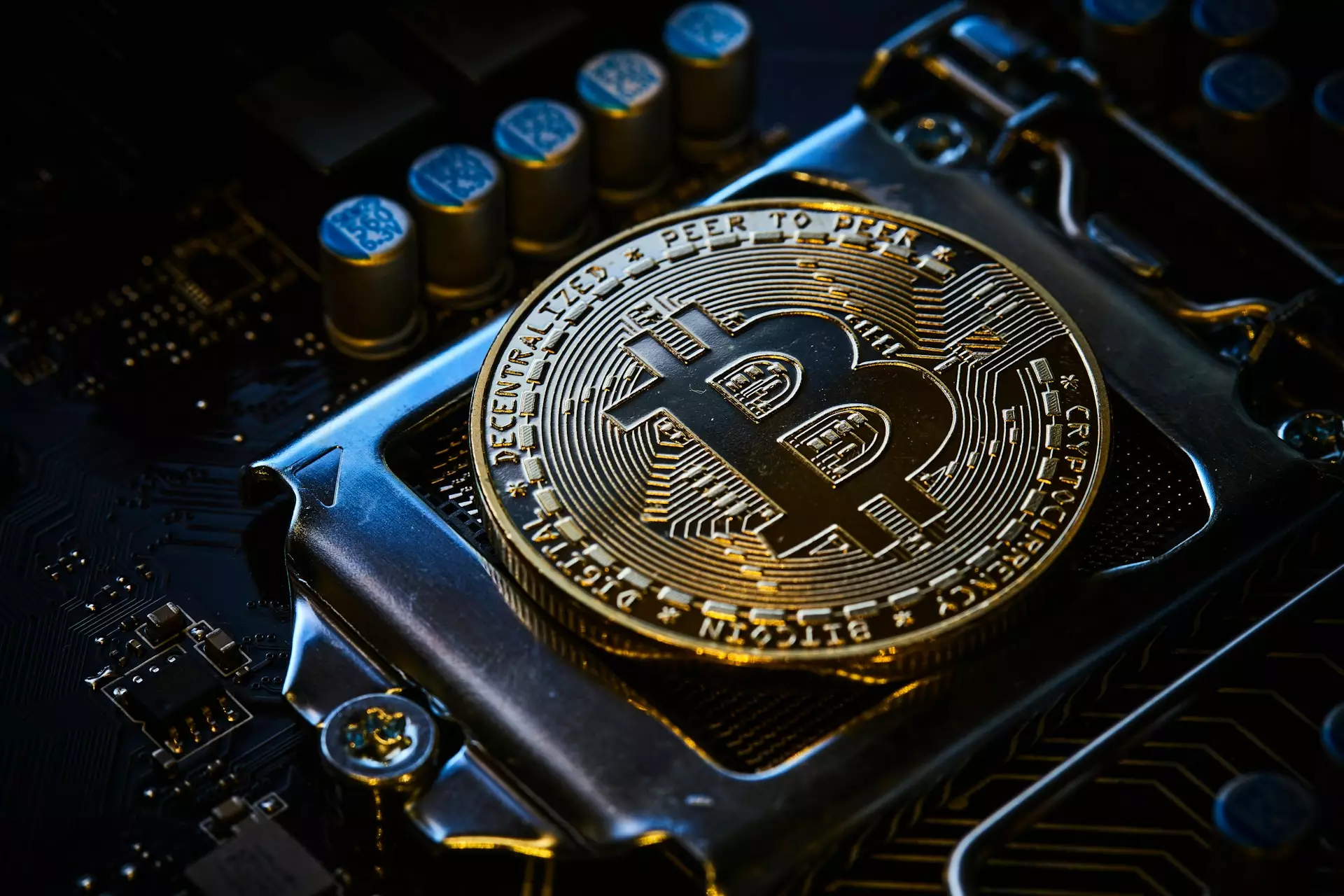In the ever-volatile landscape of global finance, the announcement from former President Donald Trump regarding a 90-day suspension of tariffs on multiple nations—excluding China—has sent ripples throughout both cryptocurrency and stock markets. Trump’s plans to impose a staggering 125% tariff on Chinese goods, citing a “lack of respect” for international markets, are not merely economic maneuvers; they are a bold declaration of America’s renewed focus on trade inequities. This shift doesn’t just reshape diplomatic relations; it alters the very fabric of investor sentiment.
Trading floors reacted with elation upon Trump’s announcement, with the S&P 500 soaring to unexpected heights. But this surge isn’t just a sign of opportunism; it illustrates the unique vulnerability of financial markets to political rhetoric. Is this the sign of a dependably bullish trend, or merely a fleeting reaction to an unpredictable presidential agenda?
Bitcoin and the Intellectual Tug-of-War
Bitcoin, often criticized for its volatility, shot up by over 6% within an hour of the tariff pause announcement, inching towards the elusive $83,000 mark. But is this spike genuine optimism or a gamble on a rather fragile economic environment? Investors saw Bitcoin as a refuge—and yet that reliance exposes them to the very capriciousness that some of its ardent supporters admire. Having previously fallen to a five-month low, the cryptocurrency’s rebound may appear momentarily fortuitous, but it raises questions: Is it wise to trust a currency that is so heavily influenced by executive whims and international trade disputes?
Moreover, the sharp rise in Bitcoin trading volume that followed Trump’s posts signals an underlying volatility that should give even the most ardent crypto enthusiast pause. The wave of $75 million in liquidated short positions exemplifies both the immediate impact of political maneuvering and the immense risk that crypto investments carry. Instead of embracing cryptocurrency as a stable asset class, are investors merely riding a chaotic storm that could easily swing in the opposite direction?
Political Theater or Economic Strategy?
Trump’s approach begs a larger question regarding the intersection of politics and economics. Is this policy an astute negotiation tactic aimed at forcing China’s hand, or is it just the latest episode in a self-serving political theater? By leveraging tariffs as a conversation starter, Trump may be attempting to negotiate from a position of perceived strength, yet this method is fraught with risk—both for American consumers and global financial stability.
As stocks rebound on the back of this announcement, it’s crucial to examine the cumulative effects that punitive tariffs can have on price pressures domestically. The prospect of higher consumer prices looms large if companies resort to passing along costs, thereby exacerbating inflationary pressures. Will the benefits of short-term market gains eclipse the long-term repercussions that could severely impact American consumers?
Global Repercussions and the Hunt for Negotiation
The geopolitical ramifications of this bold tariff move could stretch far beyond financial markets. Countries across the globe now find themselves confronting the need to either adapt to—or challenge—America’s increasing isolationism. With 75 nations reportedly reaching out to U.S. representatives to negotiate during this “pause,” one wonders if the prospect of constructive dialogue can be fostered amid such disarray.
The temporary suspension might seem like a prudent path to foster negotiations, yet the underlying tensions continue to simmer. Each published tweet from political figures has the potential to alter the trajectory of international relations—a game of chess where one wrong move can lead to financial checkmate. As we witness these shifts, it raises an undisputed truth: in the game of global economics, volatility reigns supreme.
Investing in an Era of Uncertainty
For investors grappling with the ramifications of this tariff maneuvering, the lessons are glaring. The recent surge in both stocks and cryptocurrencies emphasizes the precarious balance between risk and reward in modern finance. As we navigate these turbulent waters, one must ask whether such investments are grounded in sound financial principles or driven by an emotional response to political theatrics. Are we investing with foresight—or merely reacting to the whims of entrepreneurs practicing the art of the deal?
The future of investment in an era defined by political volatility remains a complex puzzle, one that calls for keen insight, strategic foresight, and an acute awareness of external influences that can alter the economic landscape overnight. Resilience and insightful decision-making are vital, as we venture into new financial territories shaped by bold declarations and their unpredictable fallout.















Leave a Reply